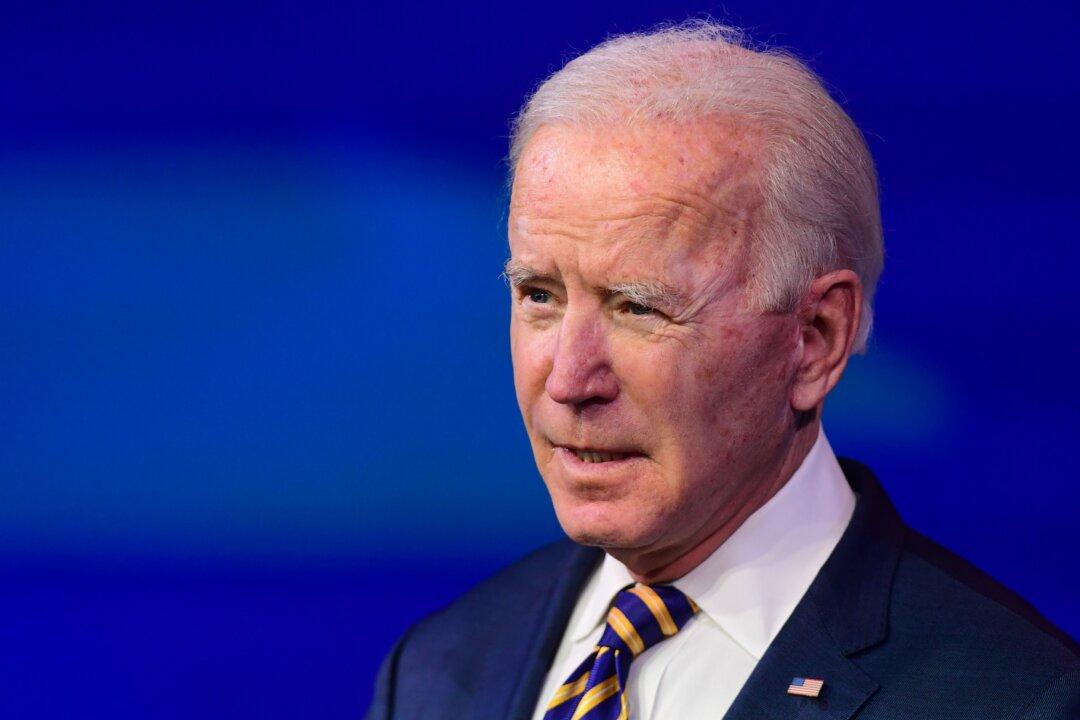A spokeswoman for Democratic presidential candidate Joe Biden said the counting of electoral votes in next week’s joint session of Congress is a mere “formality,” since he’s already the president-elect.
“This is merely a formality,” Biden’s pick for White House press secretary, Jen Psaki, told reporters during a virtual press conference on Dec. 30.





